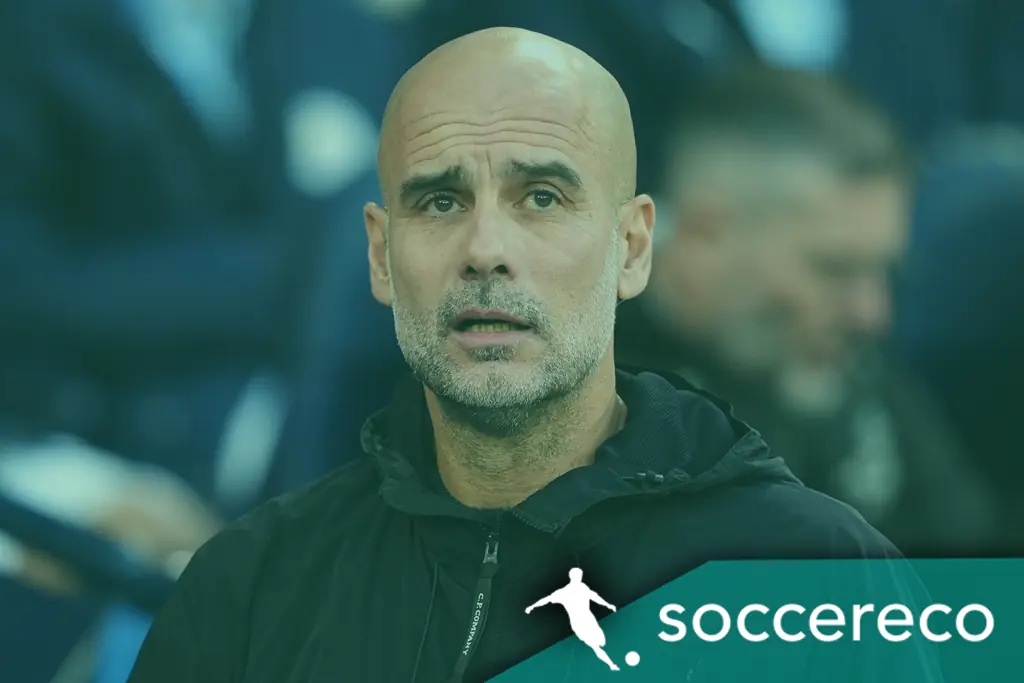According to the newspaper AS, the company promoting the European Super League is aiming to start the competition in September 2025.

The AS newspaper reported this Monday that A22, the company promoting the European Super League, is now eyeing a September 2025 launch for the competition, following a significant legal victory.
The European Court of Justice ruled in favor of A22, prohibiting FIFA and UEFA from blocking clubs that wish to participate in the Super League, which operates outside their governance. This ruling has paved the way for the competition's revival after initial plans in 2021 were met with widespread backlash from football fans, governing bodies, and leagues.
Bernd Reichart, the CEO of A22, confirmed in an interview with Kicker magazine that despite the hurdles encountered in 2021, the company is pressing forward with the Super League's development. The competition is being reshaped into an open system, a key reform after the backlash against the initial closed league format. The revised model aims to offer free streaming of matches to enhance accessibility, along with equitable revenue sharing among all participating clubs. This is seen as a strategic move to create a more inclusive and balanced football landscape, positioning the Super League as an alternative to UEFA's Champions League.
“We are studying new technologies and the business model based on them because we believe football fans deserve a better and more affordable experience on their screens,” Reichart explained. The focus on integrating new technologies reflects A22’s desire to create a forward-thinking competition that appeals to modern football consumers, particularly younger audiences who increasingly engage with sports through digital platforms.
Reichart also expressed strong criticism of UEFA’s current format for European competitions. He argued that the changes introduced by UEFA, including the new format of the Champions League, have not lived up to expectations regarding the competitiveness and unpredictability of matches. He pointed to the recent lopsided results in Champions League fixtures, such as Bayern Munich's 9-2 thrashing of Dinamo Zagreb and Borussia Dortmund's 7-1 demolition of Celtic. For Reichart, these kinds of outcomes undermine the excitement that football fans crave, with the imbalance in certain fixtures diminishing the overall quality of the competition.
To address these concerns, Reichart advocated for a traditional league format, where home and away matches are followed by a playoff stage. He believes this structure would ensure more balanced, competitive matches and provide fans with a higher level of engagement throughout the season. “In our view, games will be more interesting when played under the most equal conditions possible,” he said, reinforcing the importance of fairness and equality in competition. Reichart stressed that the Super League’s proposed format would aim to achieve this balance, creating a competition that consistently delivers exciting, unpredictable football.
He also touched on the broader implications of the Super League project, positioning it as a direct challenge to the established football governance system. Reichart stated, “The pillars of the organizations holding the monopoly are being torn down,” signaling that A22 is determined to break the longstanding dominance of FIFA and UEFA over European football. By doing so, the Super League intends to offer clubs, particularly those with smaller budgets, a more level playing field and greater autonomy in managing their affairs.
Reichart’s comments reflect a deep conviction that the current structure of European football is outdated and in need of reform. By introducing a Super League with a more equitable revenue model and an emphasis on competitive balance, A22 aims to disrupt the traditional football hierarchy, offering a fresh alternative to fans, clubs, and broadcasters alike.
The road ahead for the Super League, however, remains complex. While the legal ruling in favor of A22 represents a crucial step forward, the competition will still face challenges in winning over fans, clubs, and leagues that were initially opposed to the idea. A22's efforts to rebrand the Super League as a more open and fair competition may help to soften opposition, but it will require careful navigation of the political landscape of European football.
As the September 2025 launch date approaches, A22 and the Super League’s proponents will need to work diligently to build support and ensure that the competition can stand as a legitimate and desirable alternative to UEFA’s Champions League. With promises of greater equity, free access for fans, and a more competitive format, the Super League has positioned itself as a transformative project in the world of football whether it can succeed remains to be seen.
Updated: 04:57, 14 Oct 2024








